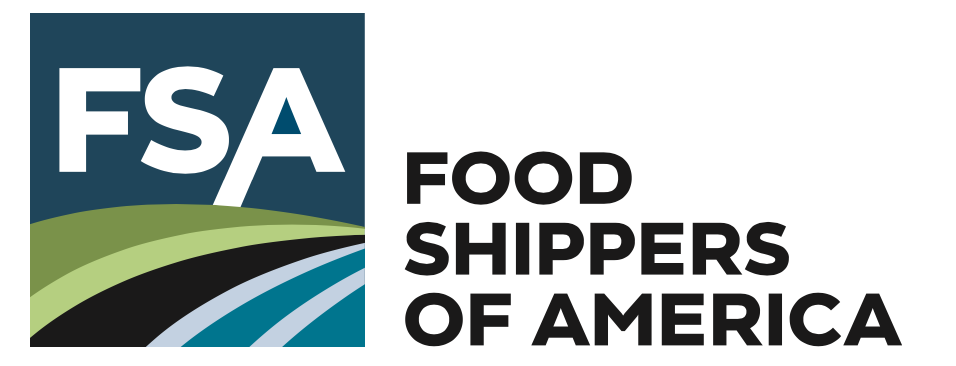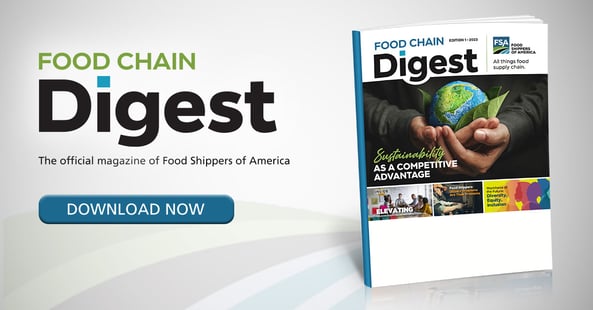Workforce of the Future: Diversity, Equity, Inclusion
by Staff, on Apr 2, 2023 8:20:52 PM
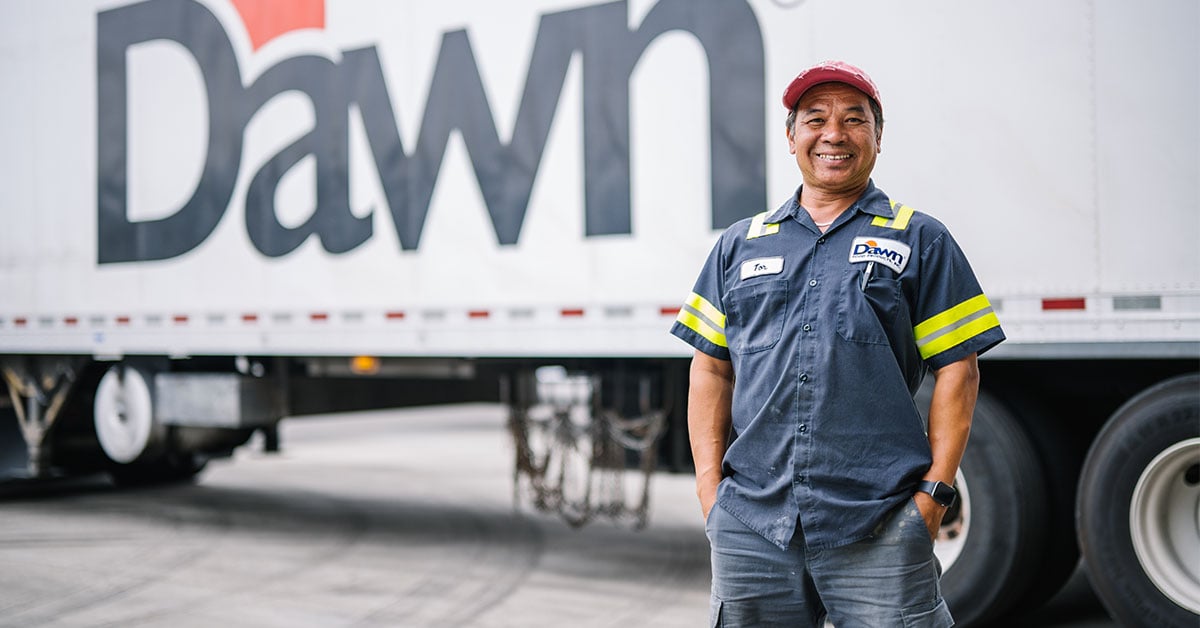 DEI is a key component to Dawn Foods’ business strategy. The company’s last-mile deliveries involve its private fleet with company drivers – and the company has been intentionally recruiting a diverse workforce to reflect the communities in which it delivers shipments.
DEI is a key component to Dawn Foods’ business strategy. The company’s last-mile deliveries involve its private fleet with company drivers – and the company has been intentionally recruiting a diverse workforce to reflect the communities in which it delivers shipments.
Food manufacturers, retailers, and product suppliers look past the pandemic to the future of the workforce to find a path to successfully finding and retaining talent in a competitive environment. Industry leaders such as Dawn Foods center on diversity and inclusion to compete for critical talent and deliver on their brand promise.
Recruiting and retaining talent tops the list of workforce challenges in the food and beverage industry –reflecting an industry sometimes struggling to address rising wages, employee expectations, and competition for workers. There is continuing evidence the food industry is embracing a cornerstone strategy: Emphasizing diversity, equity and inclusion (DEI) not only as the right thing to do but also as a means to compete for the best talent in the marketplace.
Diversity can be seen through the business and social lenses of race, ethnicity, ability, gender, sexual orientation and beyond—and can help to strengthen food companies. Quite simply, DEI is used to describe three values that many organizations today strive to embody to help meet the needs of their customers, employees, and key stakeholders from all walks of life.
Food companies that are diverse and inclusive are better able to respond to challenges, win top talent, and meet the needs of different customer bases. With DEI in mind, companies are considering how to better support employees. Over the past few years, many food organizations have taken strides to build diversity and inclusion into their policies and hiring practices.
Diversity, Equity, and Inclusion Defined
 These three values oftentimes are grouped together because they are interconnected – and it is usually in combination that their true business and social impact emerges in the most meaningful ways, according to Ellen Voie, Founder of the Women In Trucking Association.
These three values oftentimes are grouped together because they are interconnected – and it is usually in combination that their true business and social impact emerges in the most meaningful ways, according to Ellen Voie, Founder of the Women In Trucking Association.
But sometimes these terms can be easily misunderstood, so it’s important to grasp the individual meanings and implications of each of these terms:
Diversity refers to who is represented in the workforce. Some examples of diversity in workplaces include gender diversity (the composition of men, women, and nonbinary people in a given population), age diversity (demographics from one generation or a mix), ethnic diversity (shared common national or cultural traditions or different backgrounds represented), or physical ability and neurodiversity (people with disabilities, whether apparent or not).
Equity refers to fair treatment for all people, so that the norms, practices, and corporate policies in place ensure identity is not predictive of opportunities or workplace outcomes. Equity differs from equality in a subtle but important way. While equality assumes that all people should be treated the same, equity takes into consideration a person’s unique circumstances, adjusting treatment accordingly so that the end result is equal.
Inclusion refers to how the workforce experiences the workplace and the degree to which organizations embrace all employees and enable them to make meaningful contributions. Food companies that are intent on recruiting a diverse workforce must strive to develop a sufficiently inclusive culture, such that all employees feel their voices will be heard—critical if organizations want to retain their talent and unlock the power of their diverse workforce.
Building a Business Case for Diversity and Inclusion
Dawn Foods, a global leader in bakery manufacturing and ingredients distribution, is one such company that is successfully deploying a DEI strategy to deliver business results. Dawn Foods helps customers to grow their business through meaningful partnerships, insights, innovation, and bakery expertise and employs more than 4,000 people in 100-plus countries across the globe.
 “There’s a correlation to our company’s performance and success that can be directly attributed to diversity and inclusion,” says Felisa Stockwell, Vice President of Global People & Culture. “More diverse companies have better financial performance. But for us, it’s even more than just about numbers – we want to be an employer of choice. Since we’ve implemented our DEI strategy, it’s driving change and we’re benefiting through increased retention, attraction and recruitment of diverse talent in a competitive market.”
“There’s a correlation to our company’s performance and success that can be directly attributed to diversity and inclusion,” says Felisa Stockwell, Vice President of Global People & Culture. “More diverse companies have better financial performance. But for us, it’s even more than just about numbers – we want to be an employer of choice. Since we’ve implemented our DEI strategy, it’s driving change and we’re benefiting through increased retention, attraction and recruitment of diverse talent in a competitive market.”
She notes, for example, that the company has seen employee engagement scores increase by 10% since focusing more on DEI. “When we look externally at sites like Glass Door or In Her Sight where women rate their personal experiences with employers we’re seeing ratings on Dawn Foods significantly jump on factors such as family support and career opportunities,” she says.
However, some things are harder to measure but not necessarily any less impactful,” Stockwell points out: “We’ve seen a shift in behaviors from leaders and team members across the organization, hearing conversations where DEI topics come up naturally and are part of the decision-making, seeing team members take ownership and lead DEI initiatives where they say ‘hey we should incorporate that into our business.’ We are seeing that happen in our business and corporate culture today.”
“Race, gender, socio-economic status, sexual orientation – it’s your background and experiences each individual brings and we at Dawn Foods want all of it, not just a few demographics,” says Stockwell.
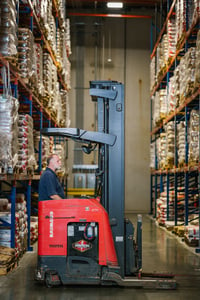 DEI Strategy and the Supply Chain
DEI Strategy and the Supply Chain
As with most food companies, the supply chain at Dawn Foods is complex – particularly because it involves four major U.S. plants that flow freight and materials into approximately 25 distribution centers (DCs), according to Charles Blevins, Vice President, Sales, Inventory and Operations Planning and Replenishment who is responsible for the demand planning inputs from the company’s salesforce as well as supply planning involving production and purchase planning, and material buying for the manufacturing plants.
“In addition, we have a more decentralized organization that regionally runs the DCs and driver experience in the final delivery,” says Blevins. “Our last-mile delivery is achieved through more than 200 trucks in our private fleet with company drivers and we’re making many multi-stop loads per day to delivery high-quality, high-touch experience to our customers.”
He notes that Dawn Foods is integrating the business planning up and down the supply chain to align its supply chain with the customer’s ever-changing needs by getting those demand chain signals translated down through the company’s operations so it has alignment.
 “A big part of that involves ensuring we have the right people in our supply chain and ensuring they have what’s needed to be successful,” says Blevins. “We’re evolving a customer experience that’s very digital and we have a platform through which customers can do new product discovery all the way through order entry and order management which ultimately impacts supply chain activities such as demand and supply planning, and inventory management. We’re going through this digital transformation and using the best state-of-the-art tools. We’re augmenting with AI and machine learning to improve that, so if someone is looking for a place that is leading those supply chain functions from a digitalization standpoint, Dawn Foods is a place they want to work.”
“A big part of that involves ensuring we have the right people in our supply chain and ensuring they have what’s needed to be successful,” says Blevins. “We’re evolving a customer experience that’s very digital and we have a platform through which customers can do new product discovery all the way through order entry and order management which ultimately impacts supply chain activities such as demand and supply planning, and inventory management. We’re going through this digital transformation and using the best state-of-the-art tools. We’re augmenting with AI and machine learning to improve that, so if someone is looking for a place that is leading those supply chain functions from a digitalization standpoint, Dawn Foods is a place they want to work.”
He notes that Covid has had a negative impact on finding quality available talent: “But we’ve placed a lot of focus and resources toward attracting and retaining the right talent. We apply different strategies to find and retain talent, such as remote work and being flexible when we can. But in our environment, because we’re working on the latest and greatest in terms of technology and because of our values, our culture really helps us to attract the quality people. If you’re someone who is passionate about baking and/or supply chain business, this is an environment where you can really excel.”
DEI is part of that focus. “We want to be as representative of the communities we serve as possible,” Blevins concludes. “We try to be as specific as possible in terms of what we’re looking for when seeking new candidates.”
Implementing DEI Successfully
The DEI strategy Dawn Foods launched in 2020 is based upon 3 key pillars, according to Stockwell.
“The first is embedding DEI into our mix – and yes, the bakery pun is intended,” she explains. “It’s about weaving DEI into the policies and practices we have in our business and making it a part of how we work every single day with one another.”
“Second, it’s educating ourselves and creating awareness through training and awareness,” Stockwell continues. “We provide ongoing education and programs to foster a respectful and inclusive workplace. We spent a great deal of time and resources in the first year and a half as organization learning together at all levels, creating shared language around DEI, learning about our own unconscious biases and how to act within inclusion, and helping our managers to manage with inclusion in mind and to create inclusive teams. Learning and understanding of each other our own experiences and how they can help to shape and improve our organization.” Some of this success has been driven by creating employee resource groups (ERGs) and women’s leadership development
“Lastly, through external outreach and focus we’ve been working diligently to cultivate strategic partnerships to drive inclusive excellence with universities and other organizations to help us to fill our diverse talent pipeline,” says Stockwell.
“Part of our DEI ambition is to be known for our empowerment of women through our passion for leadership development, and our dedication to diversity, equity, and inclusion,” concludes Stockwell. “The Dawn Women’s Leadership Development Program helps create exceptional opportunities for professional growth so team members can achieve their highest potential. We also have a Team Member Network focused on intergenerational communities in our workforce, which covers how multiple generations are working together to share interests, experiences, and how to navigate the industry together differently.”
This article was originally featured in Edition 1 of 2023of Food Chain Digest magazine. Download the digital version today!
